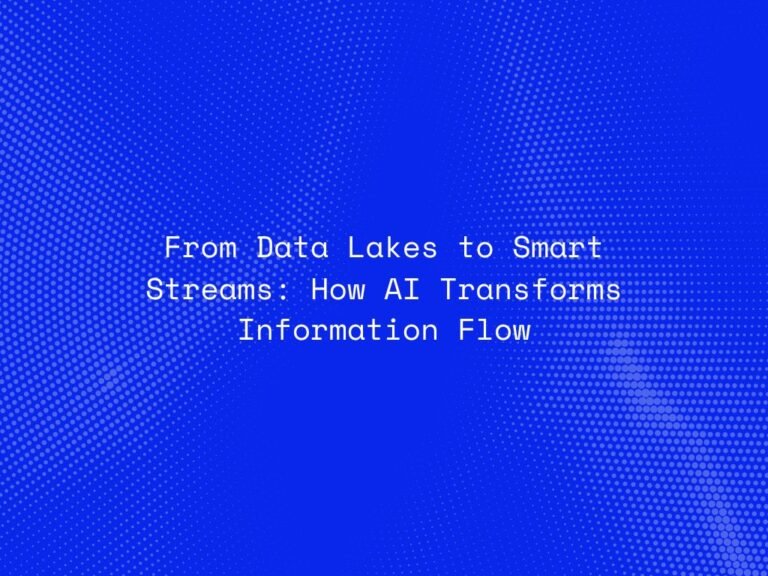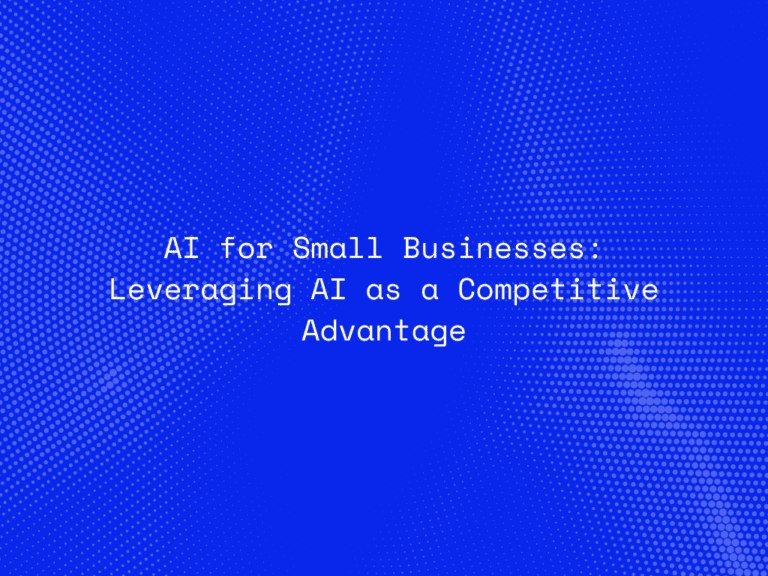Maintaining a competitive edge in the dynamic field of marketing necessitates adopting technology innovations that optimize workflows and boost productivity. Let me introduce you to AI-powered automation, a revolutionary tool that is completely transforming the way companies handle marketing-related chores. We’ll look at how AI-powered automation is changing marketing procedures, increasing productivity, and helping companies reach their objectives precisely and successfully in this blog article.
Understanding AI-Powered Automation:
Artificial intelligence (AI)-powered automation is the practice of integrating AI technologies into marketing procedures in order to automate tedious jobs and optimize workflows. Automation enabled by artificial intelligence (AI) can analyze enormous volumes of data, spot trends, and make data-driven decisions instantly by utilizing machine learning algorithms and data analytics. This helps marketers to better engage with customers, personalize content, and optimize campaigns—all of which lead to improved outcomes.
Enhancing Efficiency:
The power of AI-powered automation to improve productivity across a range of marketing tasks is one of its main advantages. AI-powered automation accelerates workflows, minimizes manual involvement, and streamlines operations across a variety of industries, including lead generation, customer segmentation, email marketing, and social media management. AI-driven algorithms, for instance, may schedule social media posts for maximum engagement, automate targeted email campaigns based on user activity, and evaluate customer data to discover high-potential leads. By automating these chores, marketers can increase productivity and efficiency by concentrating their time and resources on strategic projects and creative pursuits.
Improving Targeting and Personalization:
Automation pushed by AI enables marketers to provide their audience with extremely tailored and targeted experiences. AI algorithms segment audiences based on demographics, interests, and behaviors by evaluating consumer data. This capability enables marketers to customize messaging and content for each audience. Recommendation engines driven by AI, for example, can make recommendations to users about goods and services based on their browsing and purchasing patterns, increasing customer satisfaction and conversion rates. Furthermore, chatbots driven by AI can offer users real-time, individualized support and guidance, improving the customer experience.

Optimizing Campaign Performance:
Marketers can increase ROI and optimize campaign effectiveness with the help of AI-powered automation. AI algorithms can determine the most successful marketing plans and approaches using predictive analytics and A/B testing, enabling marketers to deploy resources more effectively and make data-driven decisions. For instance, real-time campaign performance metrics analysis by AI-powered algorithms allows for the optimization of budget allocation for maximum impact and the modification of ad placements and targeting settings. AI-powered automation helps marketers achieve better results and create continuous improvement in their campaigns by continuously learning from data and optimizing techniques.
Ensuring Data Privacy and Compliance:
Automation pushed by AI brings up significant questions about data protection and compliance, as it does with any technology. When gathering, keeping, and utilizing client data, marketers need to make sure they follow ethical standards and data protection laws. By putting in place strong data security protocols and openness guidelines, companies may show their clients that they value their privacy and foster customer trust. To ensure justice and equity in their marketing initiatives, marketers need also routinely evaluate their AI algorithms to find and eliminate biases that might affect decision-making processes.
Conclusion:
AI-powered automation represents a transformative force in the world of marketing, enabling businesses to streamline processes, improve efficiency, and deliver personalized experiences at scale. By leveraging machine learning algorithms and data analytics, marketers can optimize campaigns, target audiences more effectively, and drive better results. However, it is essential for businesses to approach AI-powered automation with careful consideration of ethical and compliance considerations to ensure the responsible use of technology.
By harnessing the power of AI-powered automation, businesses can unlock new opportunities for growth and innovation in their marketing endeavors.




